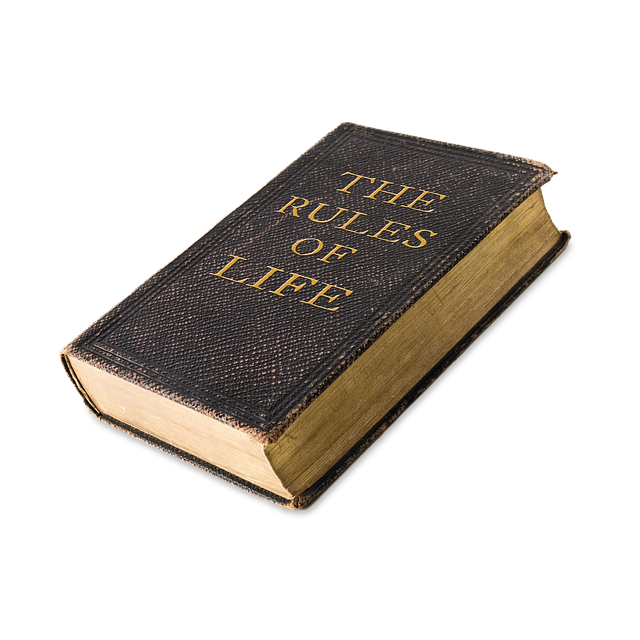The UK’s Worker Protection Act came into force last October; now is the time for all employers to act.
If you were creating the ultimate rulebook for the complete regulation of day-to-day employee behaviour (the human stuff), what would be your first rule?
For definitive rules they'd surely need to be solid. A list of objective, measurable, clear and precise rules. To achieve clarity - it would be necessary to avoid the uncertainty of elusive, subjective, and intangible requirements like ‘show respect’ or ‘act with integrity’...
Just a few possibilities I came up with so far…
- “Employees must not look at a colleague for more than five seconds.” (I stole this from the list which has, allegedly, been introduced by Netflix.)
- “Employees must always leave the toilet clean for the next user.”
- “Employees must not eat the following food at their desk: [insert full list of potentially olfactorily offensive cuisine]"
- “Employees must always smile at co-workers and be positive.”
- “Employees must never touch, or stand within a [insert appropriate distance for your workplace] cm radius of, a co-worker (unless it is medical emergency).”
- “Jokes about the following topics are not permissible: [complete as necessary]”
- “The following words can never be spoken audibly: [insert banned terms]”
- “The following words may be spoken – but only when under extreme work-related stress: [insert level two profanity].
The aim of my 'Definitive Workplace Rules'? Every employee would have clarity on every aspect of human behaviour in the working environment. Workplace harassment (see the rules in chapters 2, 3, and 5) would become a distant memory. The perennial question 'Is this appropriate?' would - at long last - have a definitive answer. Each workplace action (and reaction) could be checked, cross-referenced, verified against the Rules. In the event of transgression each action would have its own specific listed sanction – assessed on a scale using a precise algorithm to adjust appropriately for context (how much alcohol had been consumed?) and seniority (the higher expectation). The former lawyer in me salivates at the prospect...
But you see the problem? Rules like this won’t work (apart, obviously, from the toilet one). You can't eliminate human risk in this way. You can't possibly legislate for every eventuality. And even if you could - the result would be far from desirable.
Of course a workforce needs guidance - values - principles. But creating a strong workplace culture requires every individual to take personal responsibility for it - and for each other. That means being able to be human (in the best possible way).
It requires the free exercise of subjective judgment. There can be no one-size-fits-all rulebook when it comes to workplace behaviour. When conduct rules go too far they risk infantilising a workforce – and make it hard for people to take ownership of their actions (and their consequences). That in turn increases the very risk that the rules were intended to mitigate against. The intangible values-based approach is the only way. For it to work each individual needs to be able to articulate what is means to treat others with respect; needs to understand what 'act with integrity' means for them in action. And the next step is to give people permission (courage?) to put it into practice.
New rules imposed on set reportedly include no looking at anyone for longer than five seconds, no lingering hugs, no flirting and no asking for a colleague's phone number.
Related Articles
.jpg)
DEI is dead. Long live DEI!

Guest Q&A – Co Founder of speak up platform InChorus





